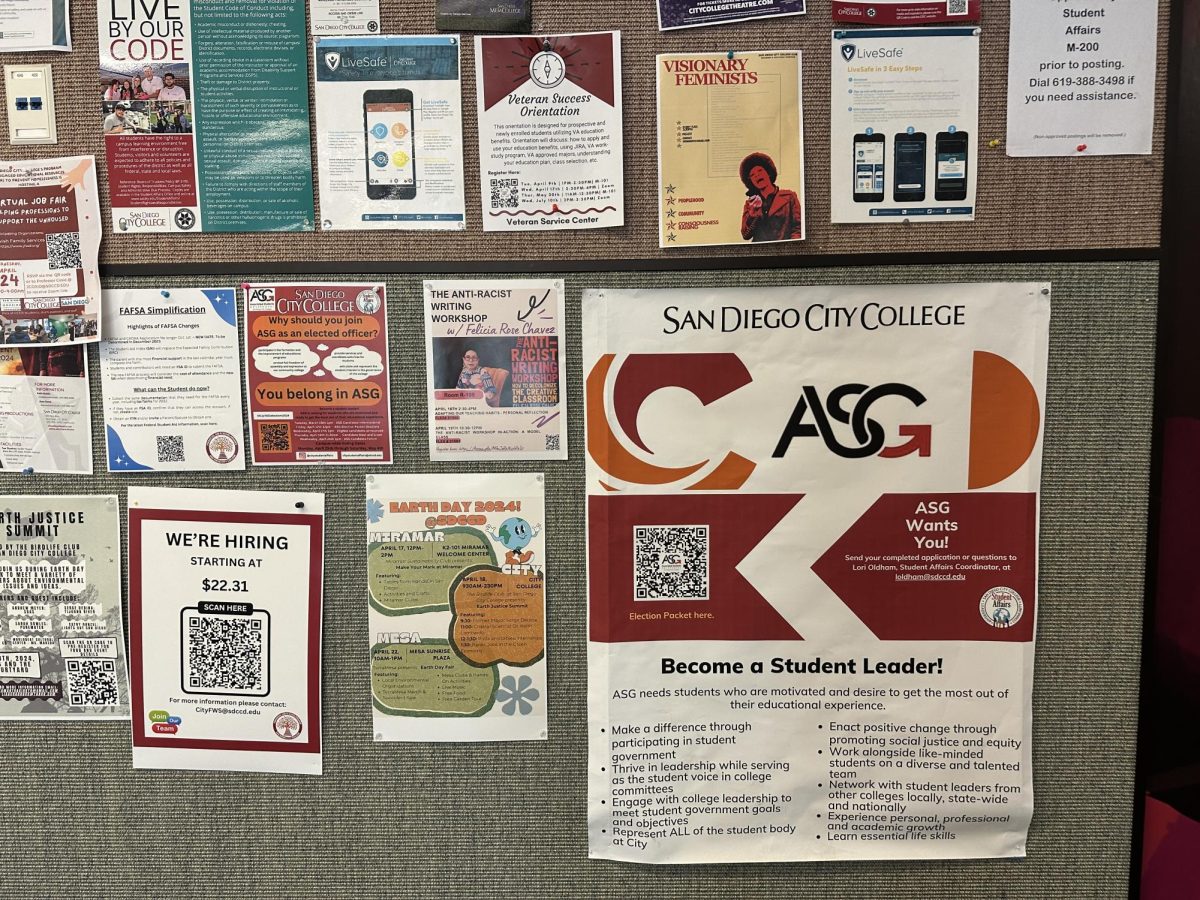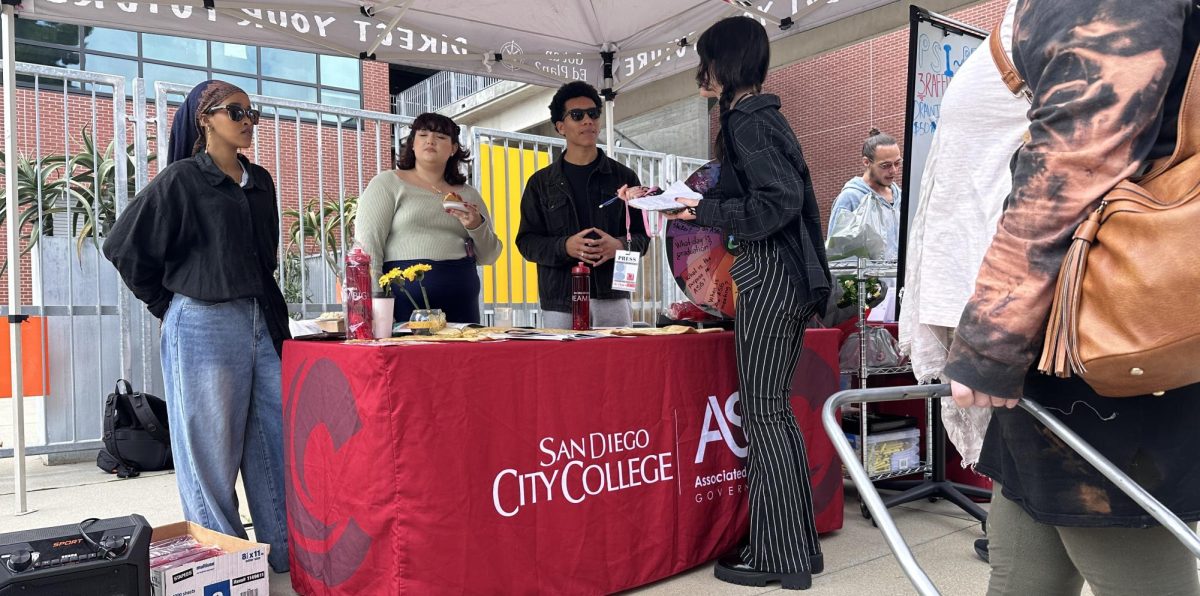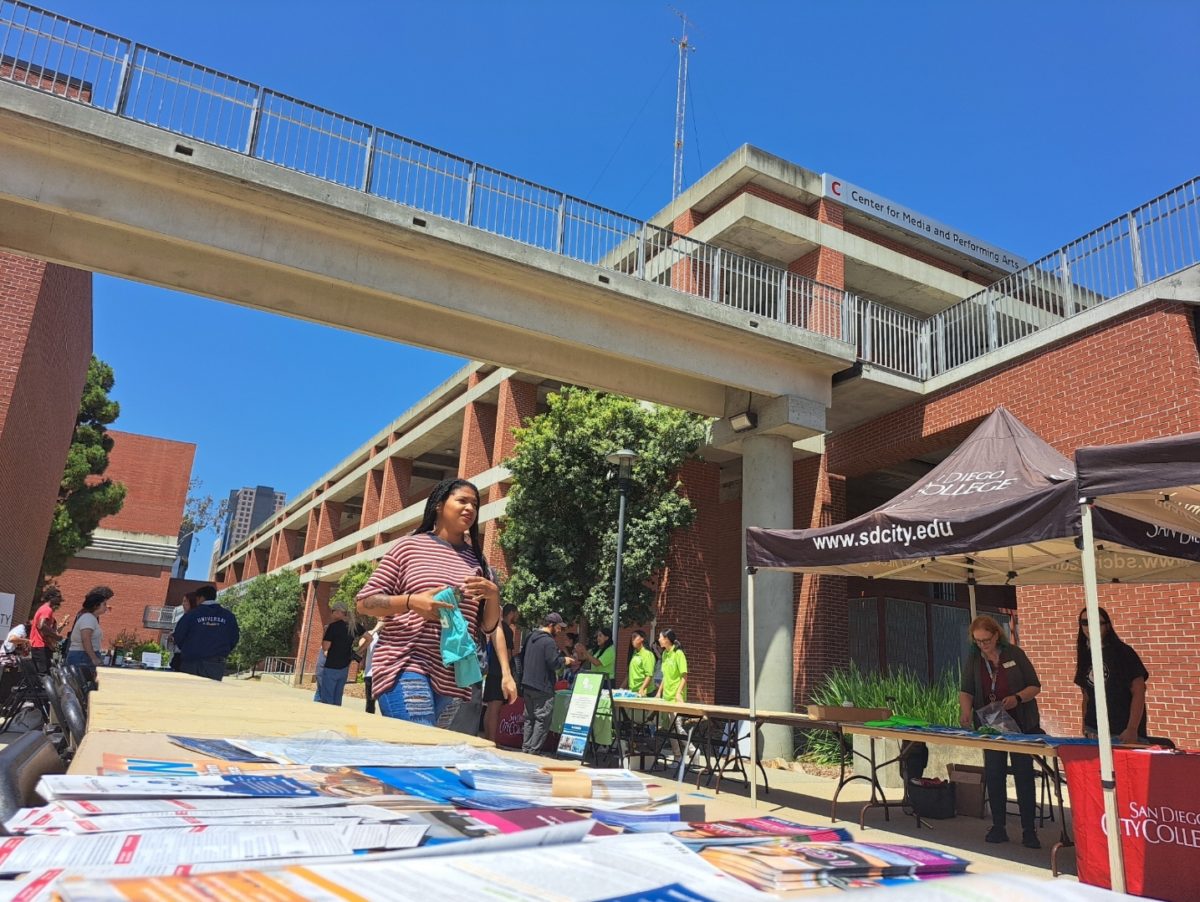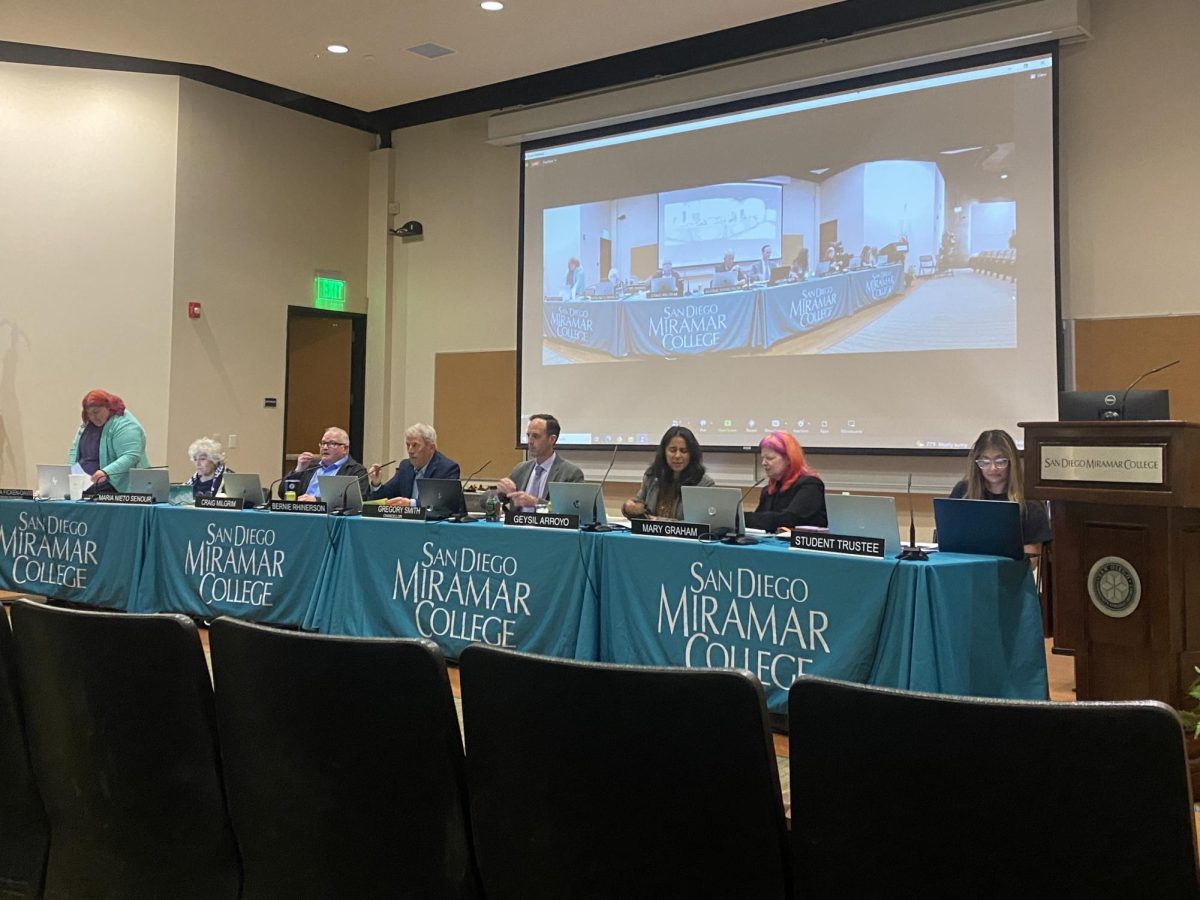Emily Grospe
UC Berkeley Daily Californian
BERKELEY (U-WIRE) – A state appellate court has ruled that a state law granting subsidized in-state tuition rates to undocumented California college students conflicts with federal law.
California’s AB 540 law had allowed undocumented students to pay in-state tuition if they had attended a state high school for three years and if they attended one of the state’s public secondary education systems, among other criteria.
The ruling overturned the dismissal of a 2006 lawsuit, which claimed that the state law violates a federal law.
According to federal law, undocumented immigrants are ineligible for secondary education benefits unless a U.S. citizen is also eligible for the same benefit, regardless of the citizen’s residency.
“It means that California is going to have to stop providing state tuition rates to illegal immigrants,” said Kris Kobach, a University of Missouri at Kansas City law professor and attorney for the plaintiffs. “It means U.S. citizens paying out-of-state rates may finally be given a remedy in court for the discrimination they’ve suffered.”
Currently, out-of-state students pay about $17,000 more a year than undocumented and resident students in the UC system, he said.
The exact number of undocumented students on campus is unknown as the admissions application does not require proof of citizenship, according to campus spokesperson Marie Felde. She said estimates are that there are dozens of undocumented high school graduates at UC Berkeley.
“The chancellor has said that he does not believe we should penalize these young people because their parents brought them here illegally,” Felde said.
The case will now be returned to Yolo County Superior Court, where it was first dismissed in 2006, to “determine the form of remedy,” such as calculating damages, Kobach said.
UC counsel Christopher Patti said the ruling could prohibit the university from exempting undocumented students from non-resident tuition.
“We’re disappointed in the court’s decision,” he said. “The regents supported AB 540 and our belief was that the legislature had crafted a statute that did not conflict with federal law.”
Patti is evaluating the overturned decision and is considering an appeal to the California Supreme Court.
But Kobach said the ruling is good news for California taxpayers.
“California taxpayers are spending over $100 million dollars a year subsidizing the higher education of illegal aliens who cannot legally work in California anyway,” he said. “This subsidy is not only illegal, it’s senseless and this decision means that it will likely come to an end very soon.”
But undocumented students are barely getting by under current laws, said Ronald Cruz, a Boalt student and organizer for the Coalition to Defend Affirmative Action, Integration and Immigrant Rights and Fight for Equality By Any Means Necessary.
“I think it’s untenable to force undocumented students to have their dreams deferred because of something they cannot change like where they were born,” Cruz said. “We see this as a new Jim Crow, imposing a badge of inferiority on students for something they have no control over.”
Cruz is working with others in support of the California Dream Act, which would allow undocumented students to receive campus-based financial aid. The act was vetoed by Gov. Arnold Schwarzenegger last year.
An undocumented UC Berkeley sophomore originally from Mexico, who was granted anonymity because of her legal status, said the talents of undocumented students benefit the country, but current policies are putting their dreams out of reach.
“I know a lot of AB 540 students who are trying to a receive a higher education and because of racist policies, we don’t receive the same opportunities,” the sophomore said.
The student said she has been in the U.S. for nine years and is working with Cruz and the coalition to build a civil rights movement to help make the California Dream Act a law.
“If I were documented, I would still defend this,” she said. “It just doesn’t make sense to deprive anybody from equal education.”







